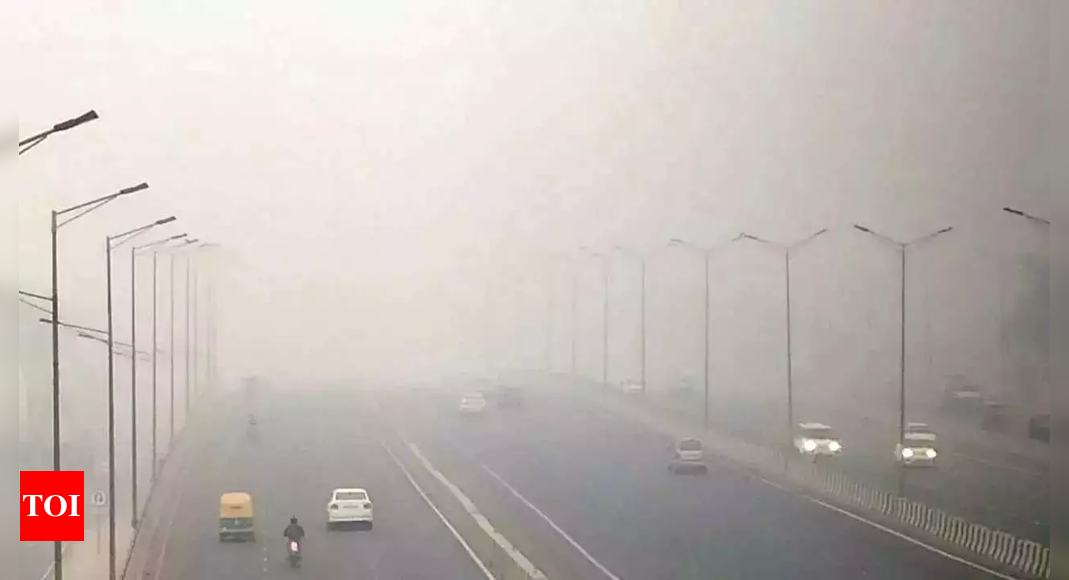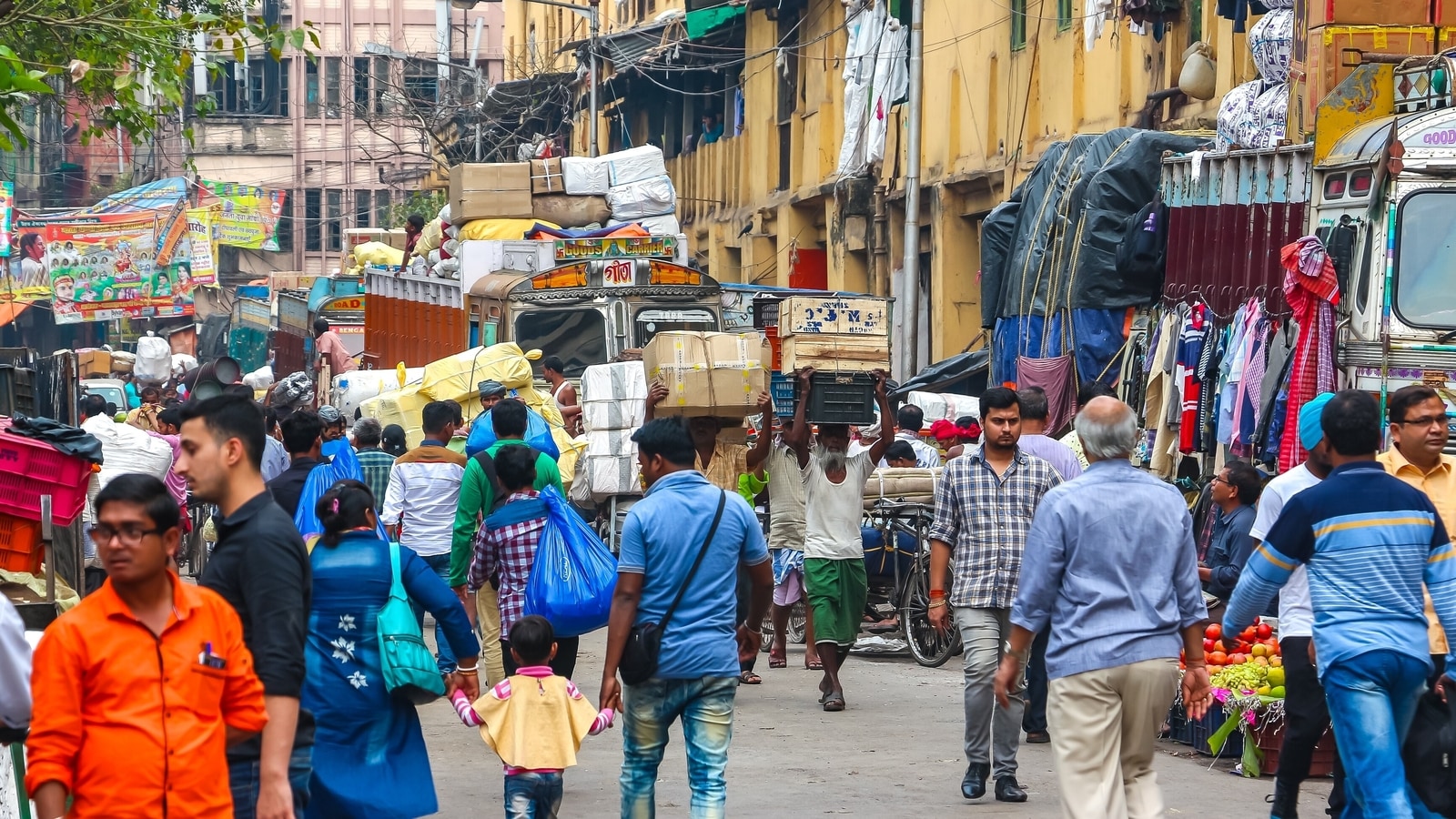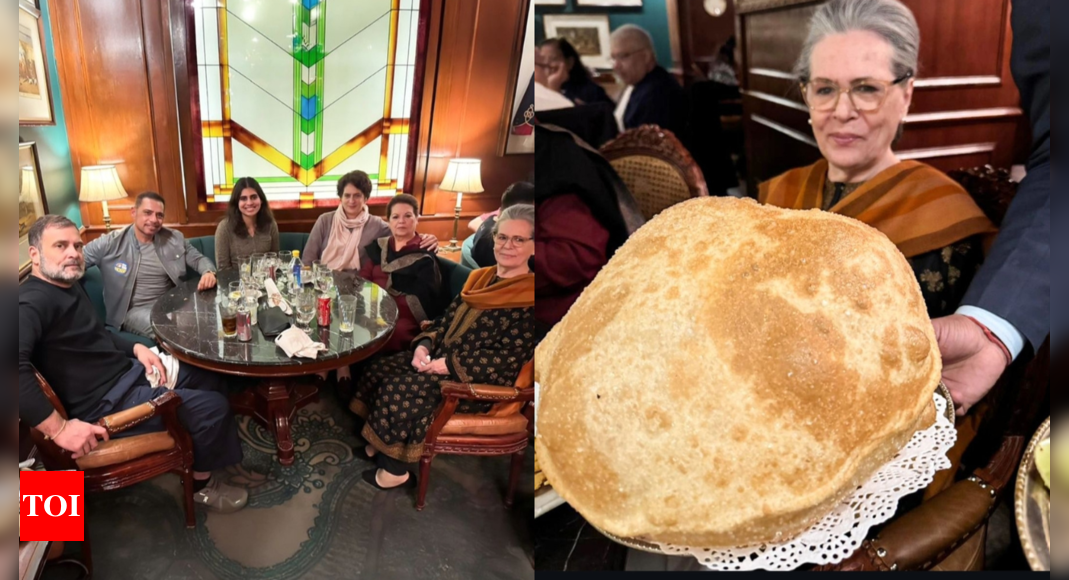The Union Government’s amendment to the Conduct of Election Rules, 1961, on Saturday, has sparked a heated debate, with political leaders voicing strong opposition.

The amendment, introduced after recommendations from the Election Commission of India (ECI), restricts the public’s access to documents such as CCTV footage and other election materials unless specifically listed by the ECI. Congress and other opposition parties have expressed strong opposition, with some warning of legal challenges to the amendment.
Congress president Mallikarjun Kharge called the amendment “another assault in [the Modi government’s] systematic conspiracy to destroy the institutional integrity of the Election Commission of India”.
He said, “Modi Govt’s calibrated erosion of ECI’s integrity is a frontal attack on the Constitution and Democracy and we will take every step to safeguard them.”
Kharge also highlighted the government’s previous actions, such as removing the Chief Justice of India from the panel responsible for appointing Election Commissioners, as part of an allegedly coordinated assault on the integrity of the ECI. He accused the government of resorting to stonewall electoral information, even after a high court order.
He further added, “Every time the Congress party wrote to the ECI, regarding specific poll irregularities such as voter deletions and lack of transparency in EVMs, the ECI has responded in a condescending tone and chosen not to even acknowledge certain serious complaints. This again proves that the ECI, even though a quasi-judicial body, is not behaving independently.”
The Communist Party of India (CPI) expressed concerns about the impact of the amendment on electoral integrity. CPI lader D Raja argued, “This government deosn’t believe in a democratic way of functioning. Whenever certain changes are proposed, ECI used to have an all-political-parties meeting and place the proposals. Now they think parties can be taken for granted. Without political parties, what is the electoral system?”
He added that India is a multi-party democracy, and political parties are the real players in our electoral politics. He condemned the government’s approach, calling it ‘unilateral’ and a move that would ‘destroy the electoral system’ and could harm the fairness of elections.
He added, “Without having a proper discussion with political parties and without evolving a consensus, such unilateral decisions will destroy the electoral system, and we will not be able to have free and fair elections.”
The Communist Party of India (Marxist) or the CPI(M)’s Politbureau also issued a statement strongly objecting to the proposed amendments. The CPI(M) demanded the “immediate withdrawal of the proposed amendments”.
The party’s statement argued, “The Polit Bureau of the Communist Party of India (Marxist) expresses its strong objection to the Modi government’s move to amend the Conduct of Election Rules to restrict the access of political parties and candidates to electronic records, including video and other digital trails, which were initially introduced by the Election Commission in consultation with political parties to ensure greater transparency.”
The CPI(M) further noted that the amendment was made without adequate consultation with political parties, calling it “contrary to the established precedents over the years”.
The party highlighted the importance of video records in exposing election malpractices, referencing incidents in Tripura where video evidence led to repolls during the Lok Sabha Elections. The party stated, “In this era, where technology is an integral part of the electoral process, the government’s move represents a retrograde step.”
Manoj Kaka, spokesperson of the Samajwadi Party (SP), echoed concerns about the amendment’s impact on electoral transparency. Kaka emphasised that the amendment would undermine the fairness of elections, saying, “We want the Election Commission and all procedures to be fair, transparent, and unbiased—that is when elections will have a stronger relevance.”
He also pointed to the use of EVMs in the 2024 Lok Sabha elections, alleging that “over 5.38 Lakh votes were not counted in the final tally”, and reiterated the party’s demand for a return to paper ballots.
Kaka also strongly criticised the BJP for its alleged actions against Dalits and backward classes. He stated, “The BJP is the largest dictatorship of the era that has insulted Babasaheb and Dalits. A chief minister like Akhilesh Yadav’s house is washed because he comes from a backward class. Babasaheb is insulted because he comes from a backward class.”
In contrast to the widespread opposition, Gopal Agarwal, spokesperson of the Bharatiya Janata Party (BJP), defended the amendment, emphasising that it is just an “enabling provision where the Election Commission will come out with a list of documents that can be accessed by the public”.
Agarwal dismissed Opposition claims, stating, “The way some of the opposition parties try to derail the process of election and create confusion in the mind of the public saying the election process is compromised – this is not good for the democracy.”
The BJP leader reassured that the Election Commission remains an independent body with the responsibility to oversee elections. He added, “Every institution, particularly democratic institutions like the Election Commission, the judiciary, etc, are independent bodies and they are the watchdogs of our democratic ecosystem. Apprehending everything to the central government and attaching intentions to it is not good.”
He added, “It is for the Election Commission to decide. Whatever the Election Commission, which is responsible for holding elections, requires for the way forward on the electoral reforms, the central government does it.”
Agarwal assured that “all candidates have access to all the documents, and “legal process of going to courts, etc is open for the public”. He concluded, “There is nothing compromising on the transparency of this order.”
The Union government amended the Conduct of Election Rules, 1961, restricting public access to certain election materials such as CCTV footage, in response to recommendations from the Election Commission of India (ECI). The amendment to Rule 93(2)(a) narrows the scope of election documents available for public inspection, limiting access only to those specifically listed in the rules.
This change follows a case where the Punjab and Haryana high court ordered the ECI to provide certain election materials to a lawyer, leading the ECI to propose the amendment to avoid similar requests in the future. Critics argue that the amendment undermines transparency, as it could prevent citizens from accessing key election records like Form 17C and CCTV footage, without a court order.
The ECI will release a list of election materials that can be accessed.



Leave a Comment